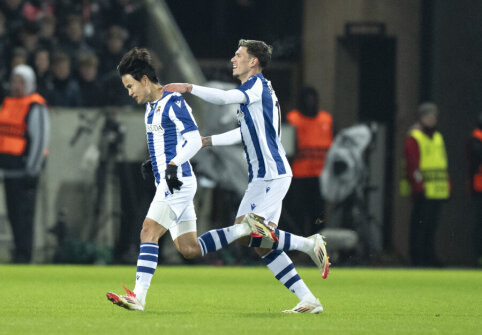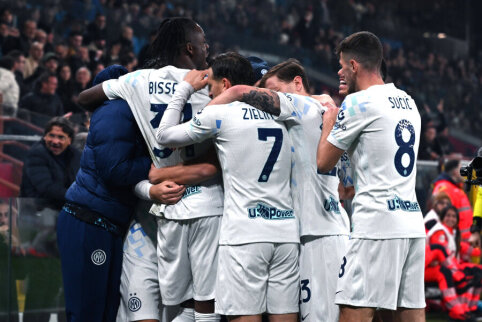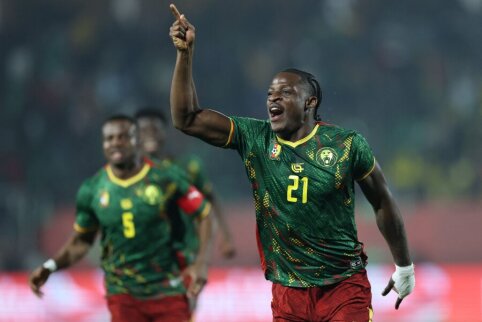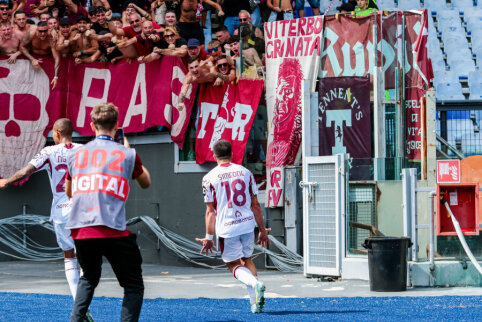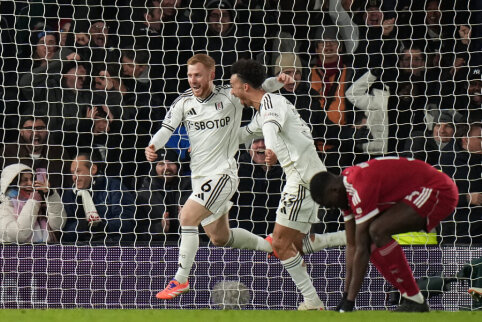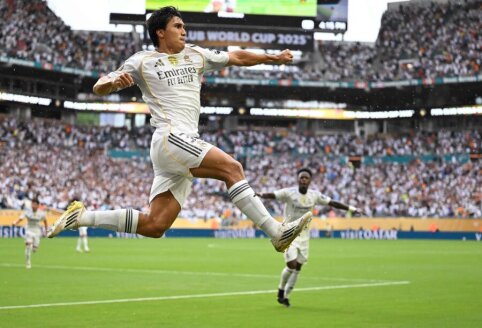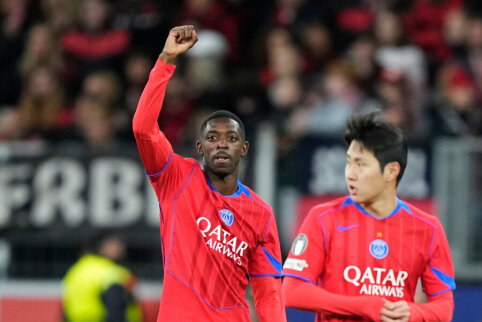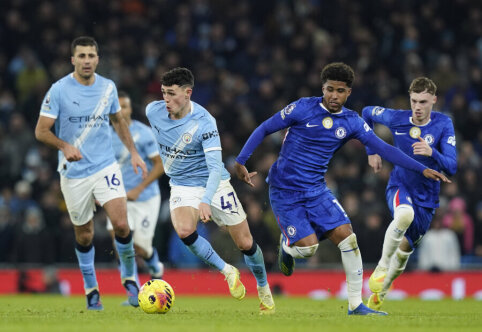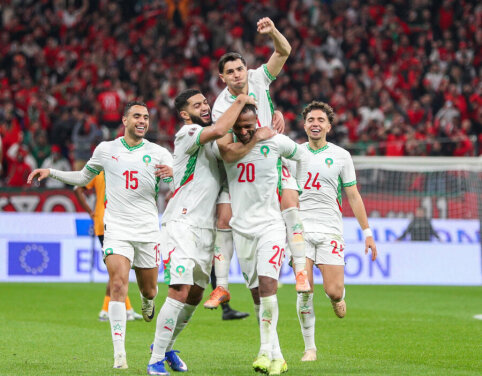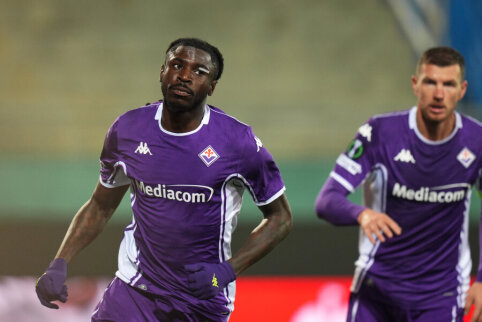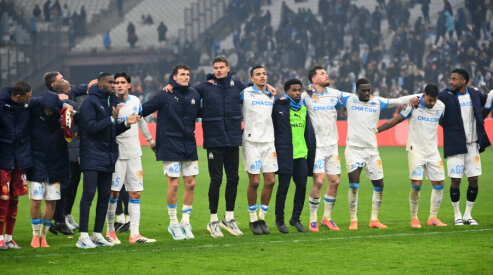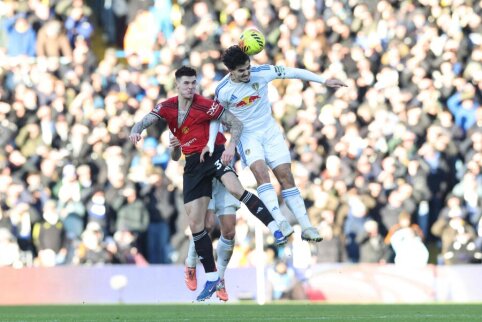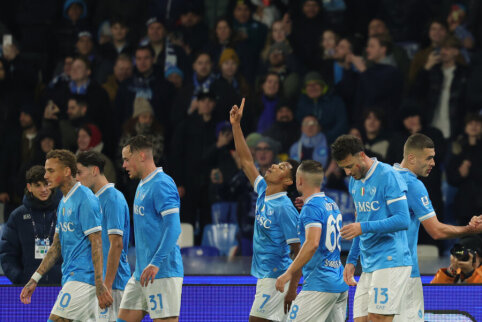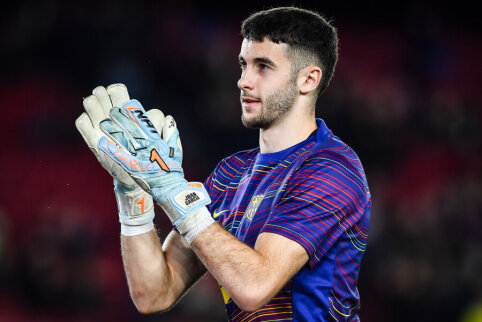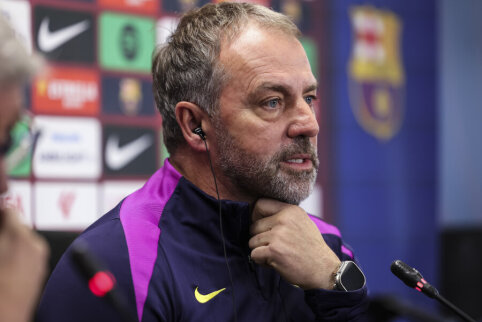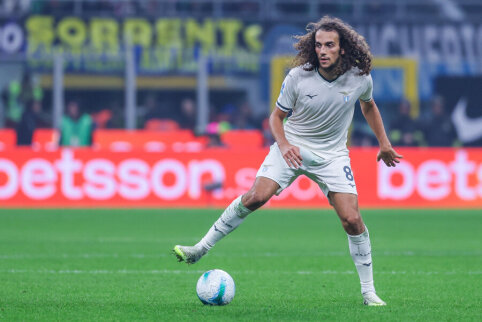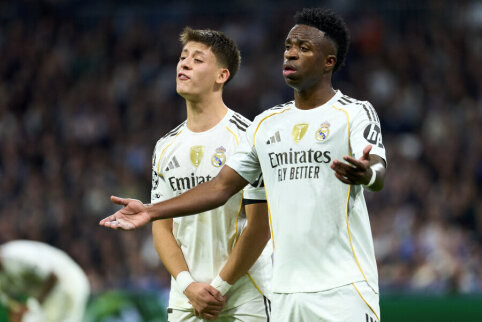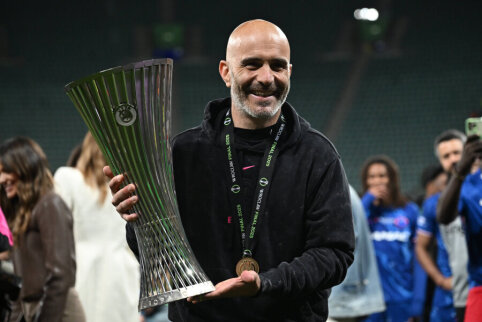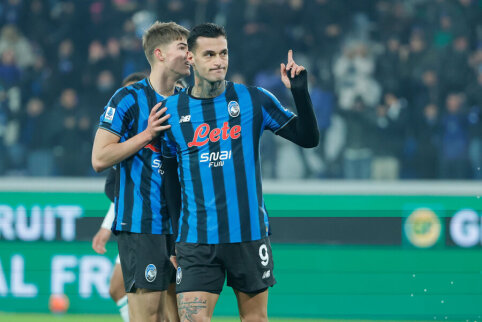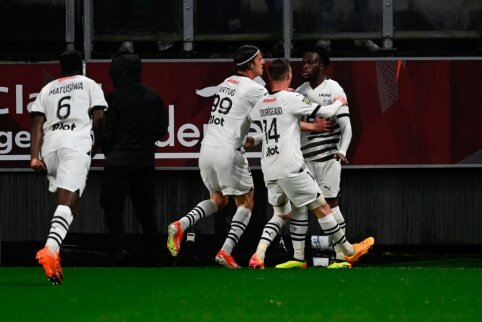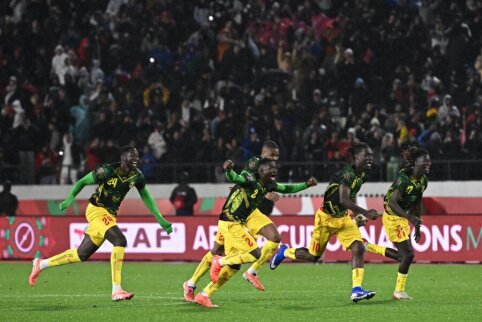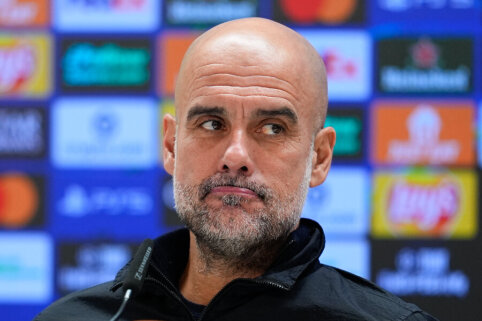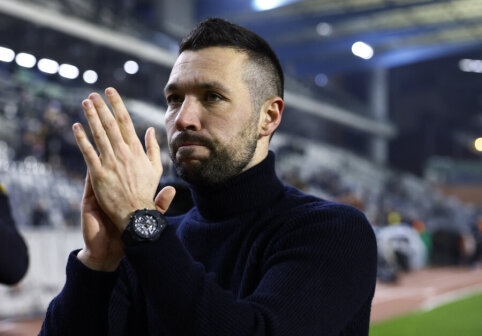 © EuroFootball.com
© EuroFootball.com
On June 15th (Wednesday) the Confederations Cup 2005 starts in Germany, where the eight strongest national teams from around the world will compete for the title, divided into two groups.
EuroFootball.com will provide information related to this tournament, which will also be broadcasted by the Lithuanian national television.
Also, before the start of the tournament, we will provide brief overviews of all eight national teams.
Germany (composition)
As befits a former world-class striker, the current coach of the German national football team, Jurgen Klinsmann, prefers attacking football to defensive football. "We want to win the World Cup," ambitiously stated J. Klinsmann, who took over the German team after their disappointing performance at the 2004 European Championship in Portugal. The Confederations Cup will be a great opportunity for Germany to show at home that the team's ambitions are not just empty words.
"It would be much easier for us to live if we won this cup, and we want to do that. Our goals must always be the highest. We have to learn to live with constant pressure," said J. Klinsmann, recognizing that his players are burdened with two responsibilities: defeat opponents on the field and withstand the pressure of Germany, a nation accustomed to success in the World Cup.
This task is even more challenging because J. Klinsmann needs to "fire up" the new players in the team, of which there are quite a few in the very young German team this year. However, J. Klinsmann's authority seems to help motivate even the young players. For example, twenty-year-old Bastian Schweinsteiger scored the first two goals for the national team in the friendly match against Russia last week, which ended in a 2-2 draw.
J. Klinsmann seems to have already decided on the main defenders and attackers, but the match against Russia raised several questions about the defense. Philipp Lahm had to return to the team after an injury but suffered another injury in the first training session. The German is unlikely to appear on the field until the end of the year, and twenty-three-year-old Thomas Hitzlsperger, the main candidate to replace Lahm in defense, is more accustomed to playing as a midfielder both for the national team and for Aston Villa.
The remaining defenders are young and relatively inexperienced. Andreas Hinkel (23 years old), Christian Schulz (22), Robert Huth (21), and Per Mertesacker (21) are youngsters compared to the "veteran" of defense, 26-year-old defender Arne Friedrich, who has represented the national team "even" 26 times. Meanwhile, the new Werder Bremen defender Patrick Owomoyela, also 26 years old by the way, has only represented the national team 6 times. All six nominal German defenders combined have represented the national team only 61 times. German goalkeeper Oliver Kahn (78 caps) has more international experience than the entire German defense combined.
"Now is a certain stage of development when we are gaining experience. That's why I didn't invite experienced Christian Worns to the team," explained J. Klinsmann, who will definitely need more experienced defenders for the 2006 World Cup.
We will not see the experienced Dietmar Hamann in the German national team, who was supposed to represent the team but broke one of his foot bones during the UEFA Champions League final. Miroslav Klose is another well-known and experienced player who will not be representing the team due to injury.
For these reasons, the huge responsibility falls on the shoulders of team captain Michael Ballack. "Argentina would probably beat us seven out of ten times, but anything can happen when only one decisive match is played. Attitude, motivation, the desire for victory are our keys to success. We know that we are not a team of stars. That's why J. Klinsmann's choices are the right ones," said the impressive form recently shown by the Bayern Munich defender.
